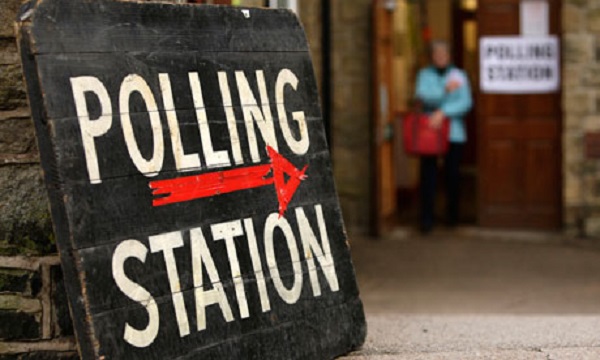
The 7 May elections in the UK, the most competitive in recent decades, are not mainly about Europe, but about other issues such as cuts (bigger or smaller, but cuts nevertheless) in public spending, taxes, public health and education, living standards and immigration. But they will have consequences for the EU if David Cameron remains in office, as he pledged there would be an in-or-out referendum in 2017 to decide whether to stay within or leave the EU. Nevertheless, he himself will campaign to stay in, but in a Union he will try to change.
The possibility of the UK’s exit, a Brexit, has caused much concern to Europe’s governments, which are generally wary of referendums and which already had to endure the uncertainty of the recent one in Scotland. Ultimately, the EU needs the UK –while the latter also needs the former, which provides it with more advantages than disadvantages, as expressed in reports that the government that commissioned them has tried to keep under wraps–. An exit would lead to a severe crisis in a Union that already has enough of them on its plate. Not least, the political crisis that has been dragging on in Europe for a number of years and which affects both its Member States and its institutions, with atomising electorates and the disturbing emergence of populisms of varied stripes.
Labour, led by the not excessively popular Ed Miliband, is against holding the referendum. Virtually tied in the polls with the Conservatives for weeks now, it has forged ahead in the past few days, although it also has to compete with the Greens, who support the consultation on Europe. The Lib-Dems, knowing that it will be inevitable to confront the issue if they are again in a government coalition with Cameron, favour the poll but under certain conditions: that the voting age be lowered to 16 (as in the Scottish independence referendum) and that all EU citizens resident in the UK be eligible to vote.
As noted by Denis MacShane, Minister for Europe under Tony Blair, in the recently published and very timely Brexit. How Britain Will Leave Europe (a title that can also be construed to mean in what state will Britain leave Europe if it goes, since the two go together), ‘Labour remains without a coherent EU policy, also because the left as a whole does not have one’. To stay in Europe, he adds, British politics needs those who believe in Europe but unfortunately ‘the faith has gone’ and the politicians with convictions all want Brexit.
If there is a referendum, ie, if Cameron continues in office, Britain could vote to leave the EU. A poll in February puts the outs (51%) ahead of the ins (49%). Today, according to the annual survey of British attitudes, the EU is at its highest level of unpopularity of the past 20 years. Nevertheless, others, such as the think-tank Open Europe, which has its own Brexit barometer, consider there is only a one in six likelihood of the UK departing, despite the outs currently being ahead in the surveys.
In the only seven-way televised debate so far, of prime ministerial candidates or party leaders, the European question failed to be a hot topic. It is former Labour Prime Minister Tony Blair who has most spoken of the danger of “chaos” in the event of an exit from the EU. Far ahead of Europe, although evidently connected to it, is the issue that is currently muddying the debate in the UK (and elsewhere): curbing immigration. This has become the subject of conversation in all manner of setting, including discussions at the pub. Contrary to what was the case a few years ago, it is now debated quite unashamedly. That has been UKIP’s achievement, a party that is actually far more anti-immigration than anti-EU, in line with other right-wing populist movements throughout Europe.
UKIP has managed to force almost everybody else, including Labour, to propose measures to curb immigration and limit the access of immigrants –whether employed or not– to social benefits, as the EU Court of Justice has just ruled on a case in Germany. Despite the restrictions implemented by the current government, immigration to the UK from the EU has risen again, although non-Europeans continue to be more numerous. Net immigration is at over a quarter of a million, compared with the 50,000 cap the UKIP wants to impose. But the core of the EU –France, Germany and the European institutions– is determined in its opposition to curtail the right to the free movement of persons within the Union.
These elections can aggravate the profound change that has been taking place in the British political system since 2010 (making it more ‘European’). Nigel Farage’s UKIP can upset many things, not so much because of the seats it gains but because of the percentage of votes it takes (12% according to some surveys), especially from the Conservatives, because the effect will be to strengthen the Eurosceptic strand in the Tory party. Therefore, the elections can very well influence the issue of Europe.


